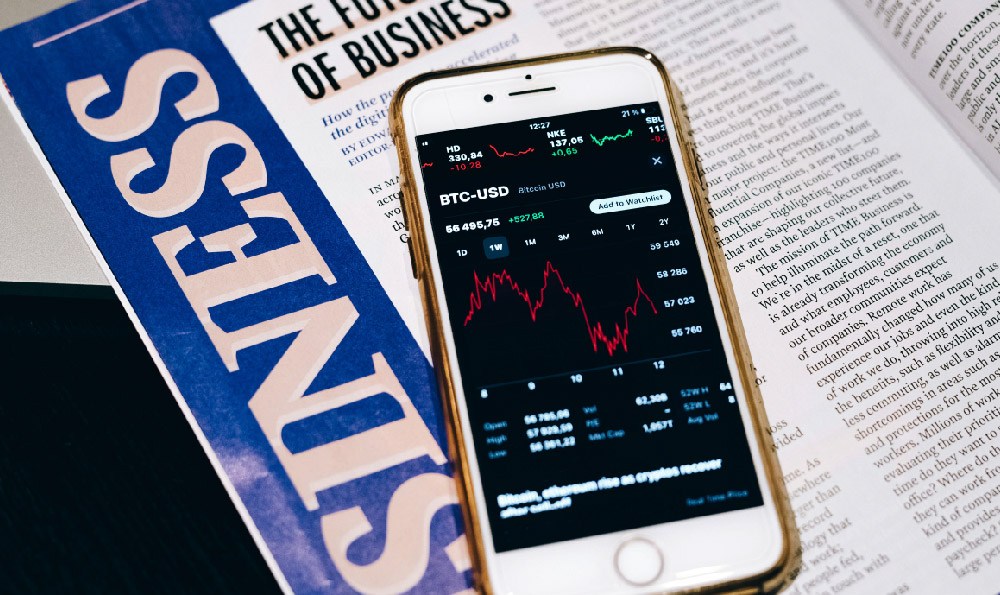Okay, I understand. Here's an article based on the prompt, avoiding numbered lists and explicit "first, second" structures, and aiming for a comprehensive and insightful discussion on investing in yourself.
``` Investing in yourself is arguably the highest-return investment you can make. It transcends the fluctuating markets and geopolitical uncertainties that plague traditional assets. It's an investment that yields dividends in personal fulfillment, professional growth, and enhanced earning potential, making it a cornerstone of a well-rounded and prosperous life. But what does it truly mean to invest in yourself, and why should it be a priority?
The concept of self-investment encompasses a wide range of activities, all aimed at improving your skills, knowledge, and overall well-being. Think of it as cultivating your own internal "stock portfolio," diversifying across various areas to maximize long-term growth and resilience. This portfolio might include your education, your health, your network, and even your mental and emotional stability.

One of the most obvious avenues for self-investment is through formal education and continued learning. This could involve pursuing a degree, taking specialized courses, attending workshops, or simply engaging in self-directed study. In today's rapidly evolving landscape, knowledge is power, and continuous learning is essential for staying relevant and competitive in the job market. Industries are constantly being disrupted by new technologies and innovative business models, making lifelong learning a non-negotiable aspect of professional success. Investing in education not only equips you with specific skills but also enhances your critical thinking abilities, problem-solving skills, and overall intellectual capacity. It opens doors to new opportunities and allows you to adapt to change more effectively.
Beyond formal education, developing practical skills is equally crucial. This could involve learning a new language, mastering a software program, or acquiring a trade. These skills can be directly applied to your work or used to pursue side hustles and entrepreneurial ventures. In a world increasingly driven by automation, having a diverse skillset can provide a significant competitive advantage and enhance your ability to generate income. Think about the skills that are in high demand in your field or industry, and actively seek opportunities to acquire and refine them.
However, investing in yourself isn't solely about professional development. Your physical and mental well-being are also integral components of your overall success. Neglecting your health can lead to burnout, decreased productivity, and increased healthcare costs in the long run. Making a conscious effort to prioritize your health by exercising regularly, eating a nutritious diet, and getting enough sleep is an investment that pays dividends in energy, vitality, and longevity. Regular exercise can also improve your mood, reduce stress, and enhance your cognitive function.
Furthermore, nurturing your mental and emotional well-being is essential for building resilience and navigating the challenges of life. This could involve practicing mindfulness, seeking therapy, engaging in hobbies, or spending time with loved ones. Developing strong emotional intelligence can improve your relationships, enhance your communication skills, and increase your ability to handle difficult situations effectively. Prioritizing your mental health is not a sign of weakness but rather a proactive step towards building a more fulfilling and balanced life.
Your network is another valuable asset that requires cultivation. Building and maintaining strong relationships with mentors, peers, and industry professionals can provide invaluable support, guidance, and opportunities. Networking can open doors to new job prospects, collaborations, and learning experiences. Actively seek opportunities to connect with people in your field, attend industry events, and build genuine relationships based on mutual respect and shared interests. A strong network can provide a safety net during challenging times and a platform for growth and collaboration.
Investing in yourself also means taking calculated risks and stepping outside of your comfort zone. This could involve starting a new business, pursuing a passion project, or taking on a challenging assignment at work. Growth often occurs when we push ourselves beyond our perceived limitations and embrace new experiences. Stepping outside of your comfort zone can build confidence, resilience, and adaptability, all of which are essential for navigating the uncertainties of life.
Finally, remember that investing in yourself is a long-term process, not a one-time event. It requires ongoing effort, dedication, and a willingness to learn and grow. Be patient with yourself, celebrate your successes, and learn from your failures. The returns on self-investment may not be immediate, but they will compound over time, leading to a more fulfilling and prosperous life. It’s about creating a sustainable foundation for personal and professional growth, ensuring you remain adaptable, resilient, and equipped to thrive in an ever-changing world. In essence, investing in yourself is an investment in your future, and it's an investment that will always yield the highest returns. ```












